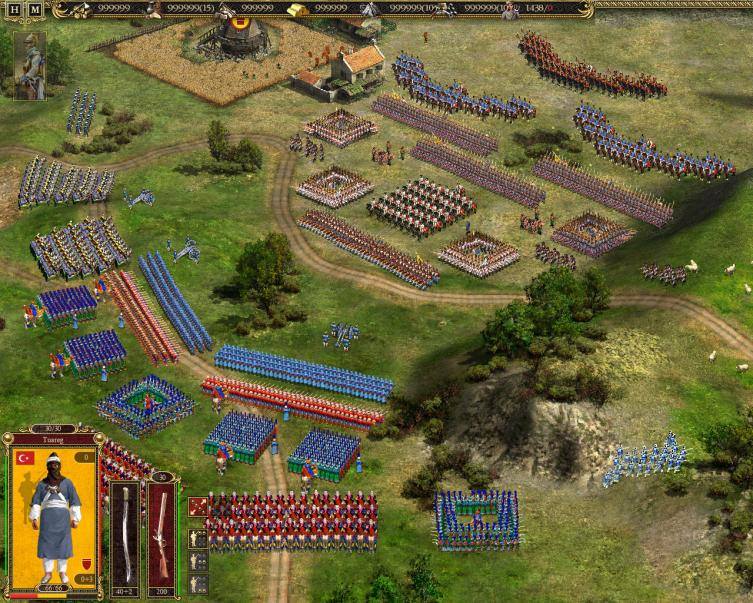

Governments are already launching campaigns to lower thermostats, turn out lights. And the main things that have support from EU members are decreasing demand across the continent, across the board, industry and households. So already governments like Germany and France are spending billions to prop up consumers, but they can't do that forever.

Now, what are the options the EU ministers are considering today?īEARDSLEY: Right. And he says there will hopefully be a rebalancing of the market in a few years and that the EU will no longer be dependent on Russian energy. But he said the good news is that high prices will encourage the development of other sources, like liquefied natural gas.

And here's what he told me.įRANCOIS-REGIS MOUTON: Even if you boost any other alternatives from now on to 2026, 2027, Europe will not be able to supply its gas demand.īEARDSLEY: So that's going to mean that some businesses won't make it. I spoke with Francois-Regis Mouton, who's with the International Oil and Gas Producers Association in Europe. But it's still going to be a very difficult winter, and not just this winter. And its reserve targets for the winter are nearly full. Europe has decreased its consumption of Russian gas from 40% to less than 10%. MARTINEZ: NPR's Eleanor Beardsley is in Brussels.Įleanor, what's the situation in Europe? What's happening today?ĮLEANOR BEARDSLEY, BYLINE: Well, as we speak, energy ministers from 27 EU nations are meeting to discuss a list of possible options for bringing prices down and getting through the winter. European Union energy ministers meet in Brussels today to look at options for getting through this winter in the midst of unprecedented Russian gas cuts and skyrocketing energy prices.Īs the EU tries to wean itself off of Russian gas, Russian President Vladimir Putin has predicted that European solidarity will splinter in the hard months ahead.


 0 kommentar(er)
0 kommentar(er)
